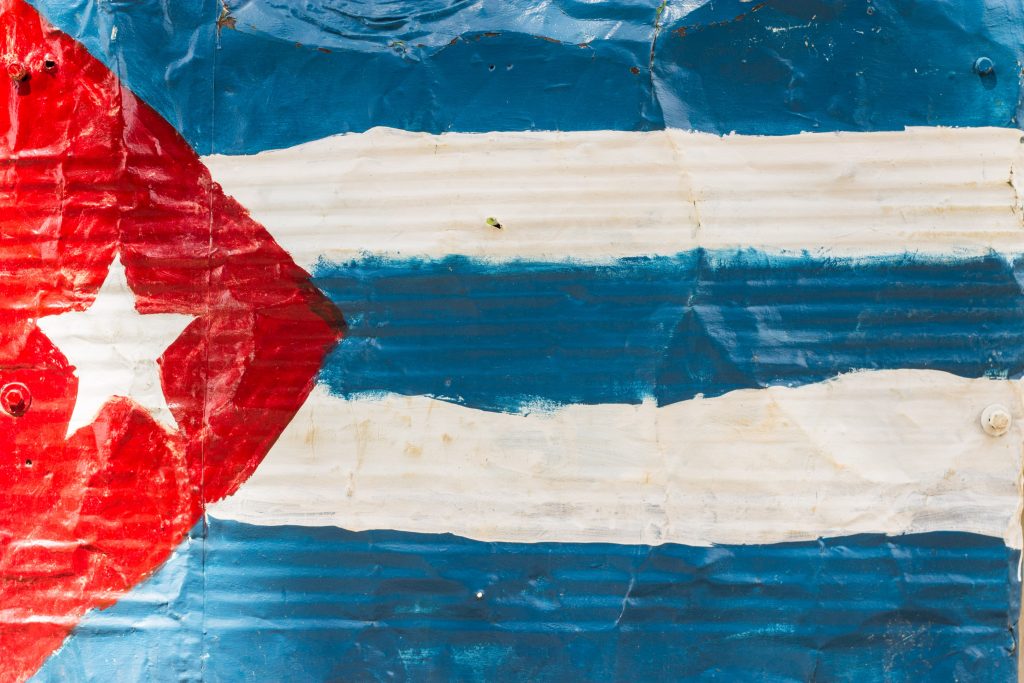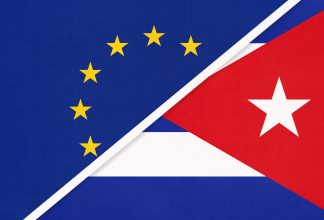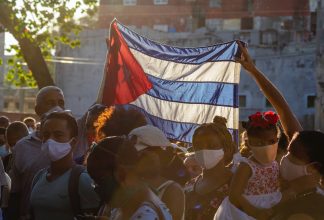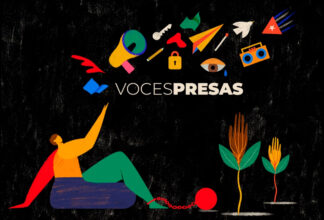Cuba: Minors sentenced to decades in prison

In mid-March the Cuban government sentenced 127 people to a total of 1916 years in prison for demonstrating and expressing their views. Almost a year after the 11 & 12 July (11J) protests in Cuba demonstrators, including minors and teenagers, are still detained and being convicted of great crimes.
Last year’s 11J demonstrations were a turning point in the history of dissent in the country, being the largest protests in 60 years. People demonstrated all over the island; against the economic measures taken under a time of crisis, demanding food and medicine, and chanting for freedom and democracy.
Government response was fierce and to this day the situation has not improved; people who were demonstrating remain in custody facing various charges, from public disorder or spreading a pandemic (that lead to shorter sentences), to charges such as sedition, which can lead to decades in prison.
Several prominent activists remain in prison under deteriorating health conditions, such as artist Luis Manuel Otero Alcántara and rapper Maykel “Osorbo” Castillo, one of the Grammy winners and performers of this year’s Latin Grammy winning song and Cuban protest anthem, “Patria y Vida”. Both received a communication on 8 March 2022 that a trial was to be opened against them under the charges of continued disrespect of national symbols, contempt, defamation against institutions, heroes and martyrs, assault, resistance, and public disorder.
Other activists such as Carolina Barrero have been forced to leave the country under threat of further hardships for their friends in custody. Many dozens of other human rights defenders and independent journalists, some of them partners to Civil Rights Defenders, have also been forced to leave the country.
There was no leniency with the teenagers placed on trial. On 16 March Rowland Castillo, who turned 18 years old while in custody, was convicted to 18 years in prison, and 17 of his peers got sentenced from 7 to 13 years in prison.
Targeting mothers
Still, punishment is not only delivered to the teenagers who allegedly perpetrated the crimes. The authorities also target the mothers of the protesters According to the organisation “Justicia 11”, Rowland Castillo’s mother, Yudinela, was also imprisoned and only recently placed under house arrest after committing a suicide attempt. Parents are also threatened that their children’s sentences could be longer if they speak up against the processes, and that their children will be better off if the family stay quiet and keep a low profile.
Allegedly, this is what happened in Brandon Becerra´s case, where his sentence was augmented after his mother’s criticism against the process. Yanaisy Curbelo, Becerra´s mom, said in an interview with El Nuevo Herald that the court had previously announced in February a 5-year sentence for him, but then waited until the last minute of the trial on 16 March to change his sentence to 13 years for sedition.
These teenagers will spend half of their lives in a prison cell for speaking their minds, and their mothers will continue to be harassed and persecuted for defending their children. This is not the first time this has happened. In Cuba, it has become customary to use their offspring’s well-being against mothers. Mothers who are activists are threatened with their sons and daughters not being accepted into school, college or even getting a job if they continue with their activism.
Another tactic Cuban authorities use, is to begin trials or sentencing when everyone is looking elsewhere. Trials first started during the Christmas and New Year’s holidays, and now that the eyes of the world are set on Ukraine, they go through with these sentences.
According to the organisationer Cubalex’ and Justicia 11J’s database, by 25 March 2022, 1443 people have become political prisoners after the protests. Half of them remain in custody. Cuban authorities expect to let these sentences serve as a deterrent so that no more people rebel, but problems in the island keep accumulating and people are growing more and more tired of the current situation.
If you want to support teens criminalized for protesting in the island you can sign the petition by The Foundation for Human Rights in Cuba, an NGO established since 1992 in the United States to empower Cuban Civil Society in its struggle to build a free and democratic Cuba.


